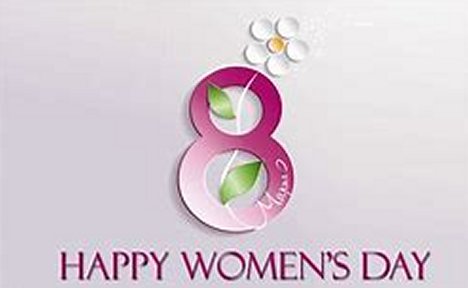|
World Day for Women's Rights and International Peace
The 8th of March was founded in December 1977 by the United Nations as the World Day of Women's Rights and International Peace. This institution is not based on a single historical event, but on several struggles of women.
When Clara Zetkin - the leading figure of the German and international labour movement - proposed March 8 at the Second International Socialist Women's Conference in Copenhagen in 1910 as the World Day to Honour Women's Struggles, there was already - since 1907 - a "Women's Claim Day for Political Rights" in America.
This proposal came at a time when 20,000 women workers in the New York garment industry were on one of the toughest women's strikes from November 1909 to February 1910.
In March 1911, a fire in the New York factory Triangle Waist cost 146 workers their lives.
Today
According to the latest data from the World Bank (2018), women and men are equal in only six countries in the world: Belgium, Denmark, France, Latvia, Luxembourg and Sweden.
Worldwide, only 34% of women bear entrepreneurial responsibility; in six Arab countries, over 90% of management consists of men.
In the European Parliament, the proportion of female parliamentarians is very different:
While there is not a single woman among the 5 Maltese parliamentarians, 8 of 13 Finnish parliamentarians are female (61.5%), and the proportion of Swedish parliamentarians is 55.6%.
Among 99 German parliamentarians, 37 are women (37.4%). The proportion for Cyprus is 33.3% (2 women among 6 parliamentarians), Greece is represented by 7 women among 22 parliamentarians (31.8%).
In the national parliaments, the figures for women are even worse: 56 of the 300 Greek parliamentarians are women (18.7%), while in Germany the figure is 30.9%, in Finland 41.5% and in Sweden 47.3%. There are currently only three women among the 28 heads of government in the European Union (Angela Merkel in Germany, Theresa May in Great Britain and Viorica Dăncilă in Romania).
According to a report published by the European Parliament in November 2017, violence against women, particularly domestic violence, was the main cause of disability and death among women in the EU aged 15-44 years, ahead of car accidents or cancer.
|
